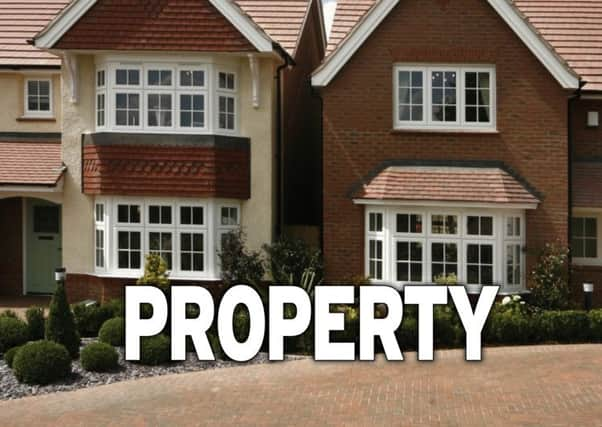Market towns set out their stall – £14,000 premium revealed


Two out of three market towns have an average house price that is above their county average.
Beaconsfield is the most expensive English market town with an average house price of £861,371 and also has the largest premium with houses trading at 181 per cent above the county average.
Advertisement
Hide AdAdvertisement
Hide AdBakewell has the next highest premium with prices 99 per cent (£160,459) above the Derbyshire average, followed by Keswick in Cumbria (95 per cent).
Ten of the most expensive market towns are in southern England
Lewes in Sussex (£382,219) and Cranbrook in Kent (£381,598) are the next most expensive market towns in England after Beaconsfield.
Bakewell is the most expensive market town outside southern England with an average property value of £322,519.
Advertisement
Hide AdAdvertisement
Hide AdFerryhill in County Durham is the least expensive market town in England with an average house price of £84,018. Ferryhill and Immingham in Yorkshire and the Humber (£97,722) are the only other towns in the survey where the average house price is below £100,000.
According to the research, house prices in market towns have risen by an average of £636 per month in past decade, inching up 50 per cent from £153,776 in 2003 to £230,061 today.
Lloyds Bank mortgages director Marc Page said: “The popularity of living in market towns is clearly evident from the significant premium that many of them command over their neighbouring towns.
“Indeed, recent government research concludes that cities and smaller towns should try and replicate the community spirit, thriving high streets and social networks often seen in market towns.
Advertisement
Hide AdAdvertisement
Hide Ad“Market towns offer an excellent quality of life, with high levels of health and low crime and unemployment; they also tend to have higher levels of retired people and young couples without children.
“They towns are seen as desirable places to live – small enough for people to feel included but large enough to remain private.”
More than a quarter of the market towns have seen house prices grow by more than 50 per cent since 2003